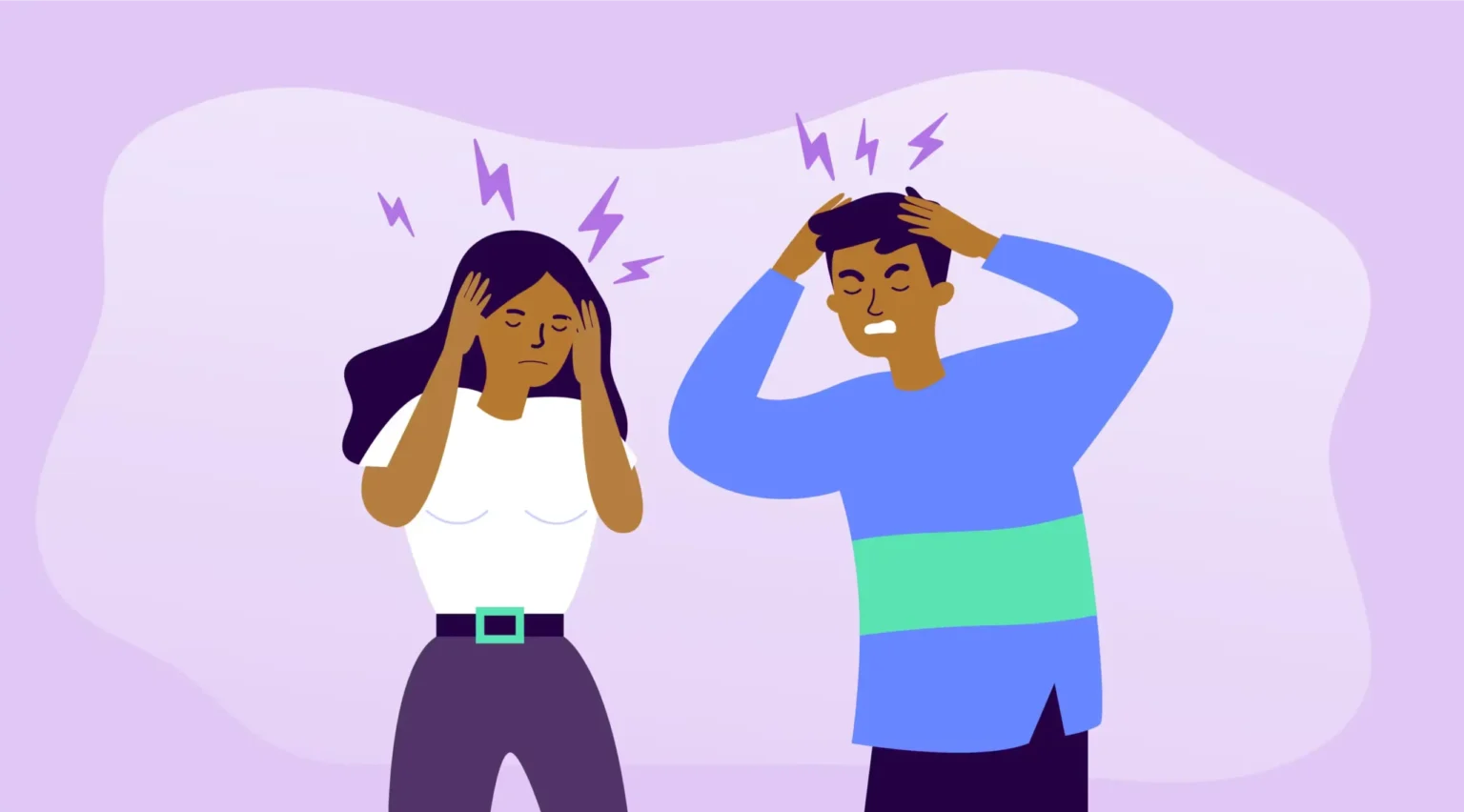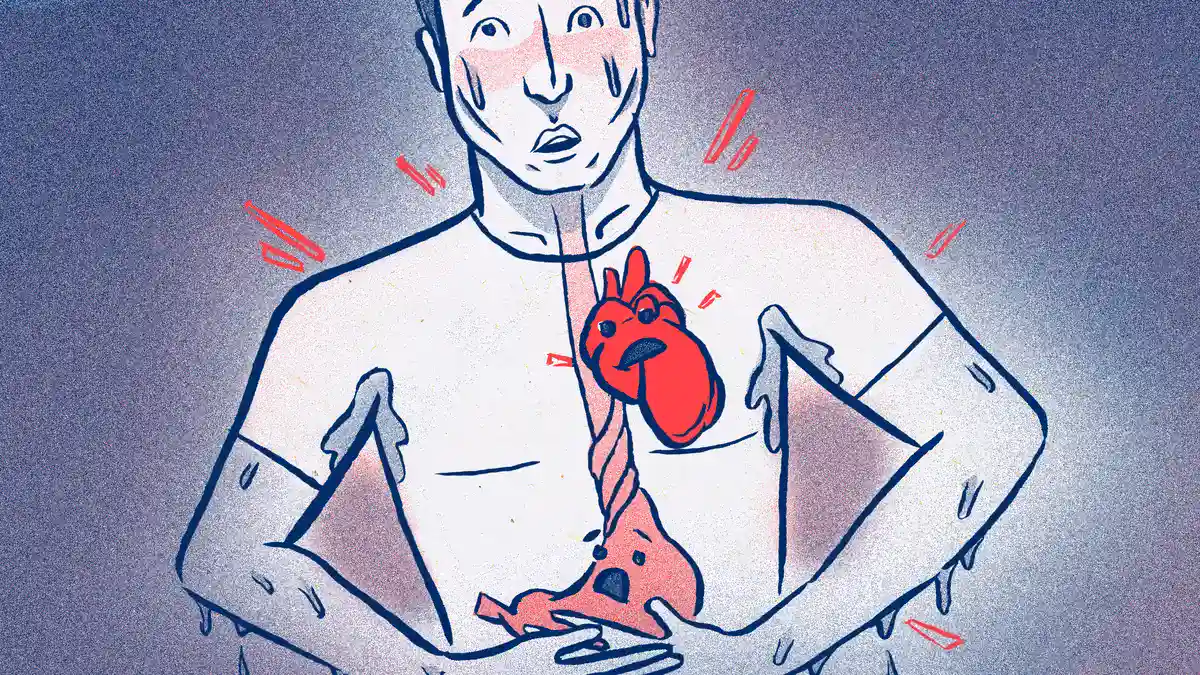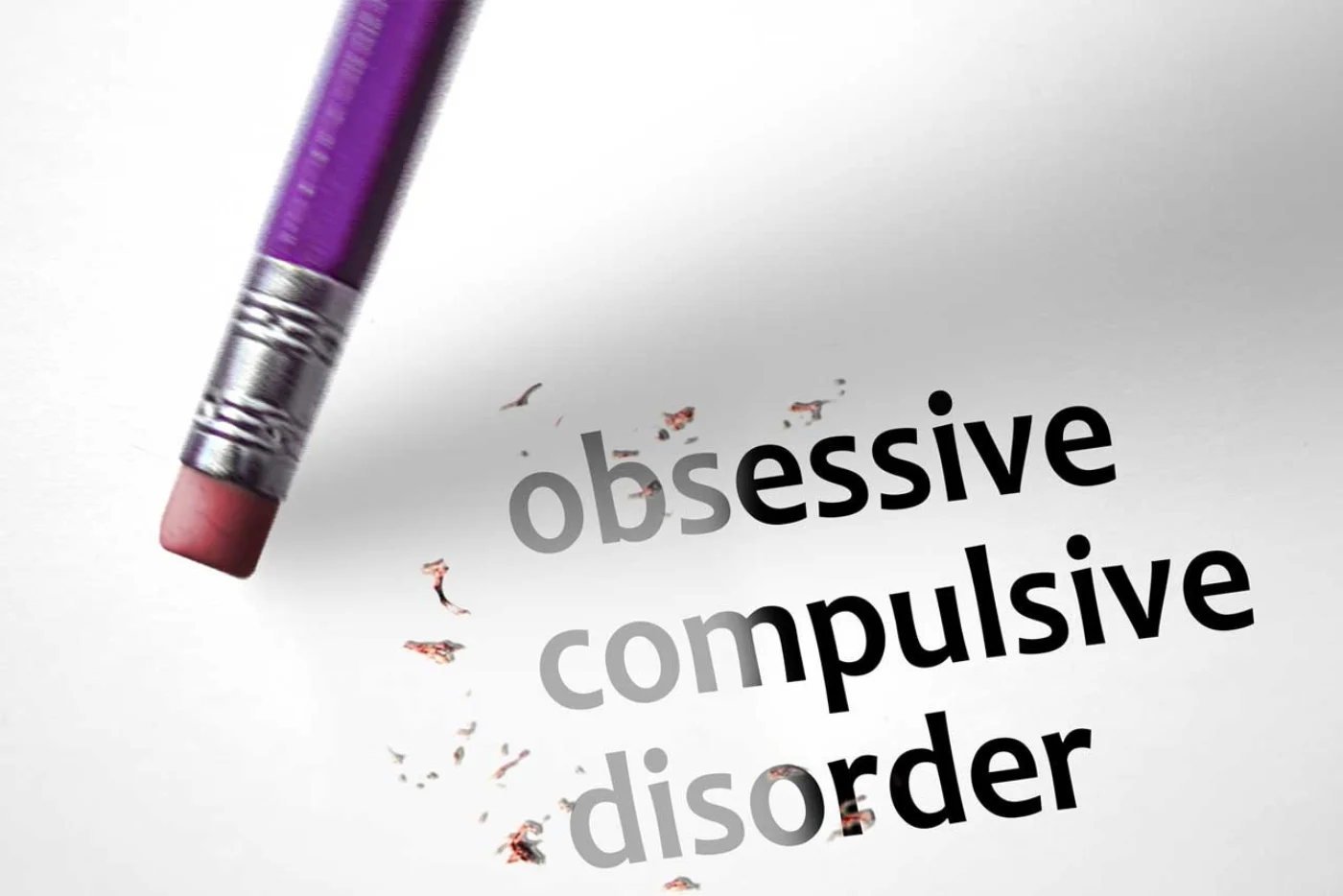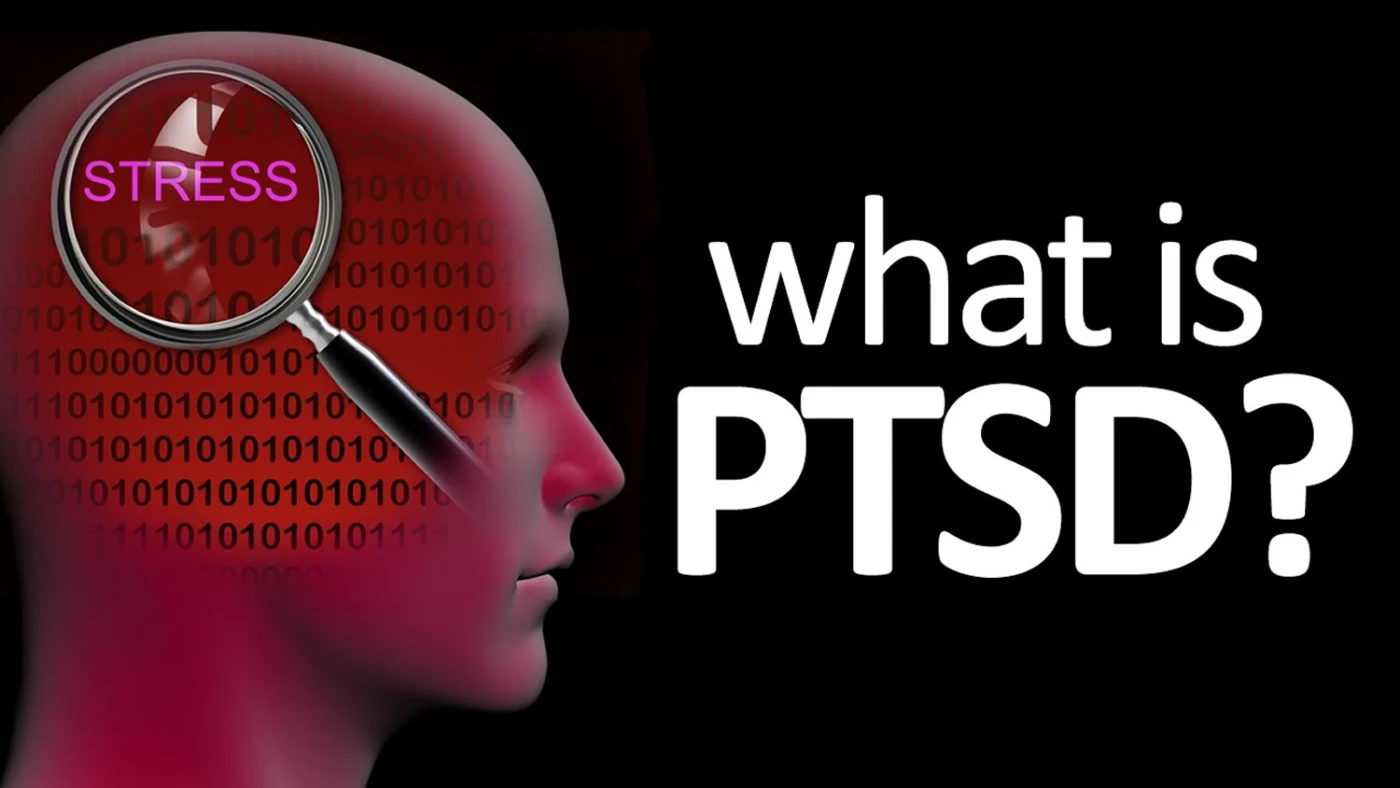An OCD-induced panic attack refers to unexpected, severe episodes of fear or anxiety that may last a few minutes. These episodes, deeply intertwined with OCD and panic disorder, are usually accompanied by physical manifestations such as an accelerated heart rate, breathlessness, excessive sweating, and light-headedness. Those battling OCD often endure recurrent incidents of panic attacks and are plagued by the relentless dread of experiencing an additional one.
These panic attacks associated with ocd and anxiety disorder are frequently incited by obsessive thought patterns or situations that breed fear and anxiety. For instance, an individual living with OCD might harbor an illogical dread of germs, causing them to panic whenever they encounter a potentially infected object. Similarly, the urge to carry out ritualistic behaviors, such as excessive cleansing or incessant checking, can also trigger panic attacks.
Managing OCD and Panic Disorder: Thriving in a Stress-Ridden World
In our rapidly evolving world where stress and anxiety have become commonplace, anxiety often mirrors a standard stress reaction. However, at times, these sensations can escalate to such a degree that they manifest as panic attacks or other alarming symptoms, embedding themselves deeply within the realm of OCD and panic disorder.
Panic attacks, akin to Obsessive-Compulsive Disorder (OCD), are typically managed through an amalgamation of treatment strategies. This menu of options includes Cognitive-Behavioral Therapy (CBT), Exposure-response and Prevention (ERP) therapy, medicinal approaches, natural remedies, and practical self-help tools. If you are intrigued by the potential link between panic attacks and OCD, you’re in the right spot. This composition elucidates the intricate connection between panic attacks and OCD. Continue reading to delve deeper into this subject related to OCD and panic disorder.
Comprehending ocd and anxiety disorder: Unraveling Panic Disorder
Estimates indicate that roughly 4% of American adults might encounter panic disorder at some point in their life. Research shows that panic disorder, akin to OCD, a variant of anxiety disorder, is more prevalent among women than men. Panic disorders entailing unpredicted and regular panic attacks marked by intense fear, anxiety, chest discomfort, heart palpitations, breathlessness, dizziness, combined with feelings of losing control or detachment from self and others, a perceived choking sensation, fear of impending death, trembling, hot flashes, and even abdominal discomfort, all contribute to the complex narrative of OCD and panic disorder. Intriguingly, these attacks can be spontaneous, devoid of any associated fear, trigger, or stressor.
The defining feature of a panic disorder is an extensive history of panic attacks, coupled with the following symptoms:
- Sustained anxiety regarding the probability of future panic attacks.
- Excessive apprehension and worry associated with the potential implications of these panic attacks.
- Significant alterations to day-to-day activities to sidestep individuals, situations, and locations that can potentially induce panic attacks. These activities can include driving, flying, train travel, subway usage, sitting in dimly lit movie theaters, attending loud concerts, being in a stadium, sitting in a classroom, dining at a restaurant, walking around malls, or even grocery shopping.
These aspects collectively help us understand OCD and panic disorder more thoroughly.
Assessing the Relationship Between OCD and Panic Disorder: How Do They Interact?
Research strongly suggests a correlation between OCD and panic attacks. Studies have established that individuals with OCD are more likely to experience panic attacks, and conversely, those who encounter panic attacks are prone to developing OCD. Frequently, people suffering from panic attacks might develop OCD as a coping mechanism for their distress. More specifically, someone with a panic disorder or chronic panic attacks might engage in ritualistic activities or routines in an attempt to alleviate their stress, anxiety, and emotional turmoil.
Panic attacks can cause an elevation in heart rate and blood pressure, coupled with shallower breathing, which can be highly unsettling. These physiological changes could lead to hyperventilation, causing feelings of dizziness and lightheadedness. If you are grappling with OCD, you might respond to these sensations by engaging in certain compulsions to soothe yourself, such as obsessive cleaning or habitual rearranging of objects.
Delineating the Association Between ocd and anxiety disorder

The DSM-V categorizes both panic disorder and OCD under anxiety disorders, given that both conditions encompass extreme anxiety and irrational worries, fears, and apprehensions. Furthermore, some individuals with panic disorder may obsess over the possibility of future panic attacks, hence, they may compulsively steer clear of people and situations that they fear could instigate a panic attack.
Similar to OCD, panic disorder can incite considerable emotional and psychological distress. In addition, both conditions can contribute to significant academic and professional dysfunction, while also adversely influencing relationships, including friendships and romantic partnerships. The recurrent nature of both panic attacks and OCD adds to the complexity of OCD and panic disorder.
An OCD cycle is characterized by intrusive thoughts, perennial fears, impulses, mental images (obsessions), and compulsions (rituals and routines) that individuals with OCD employ to reassure themselves, avoid, and diminish the stress and anxiety driving the obsession. The panic attack cycle mirrors this pattern, involving intrusive thoughts, fears, impulses, and mental imagery triggering the attacks, along with compulsions to mitigate the stress and anxiety fueling them. This highlights the intricate interplay between ocd and anxiety disorder.
Understanding the Connection Between OCD and Panic Disorder: A Guide to Regaining Control
The interplay between OCD and panic disorder is a psychological complex that often coexists. Originating from stress and anxiety, both issues essentially paralyze their victims. However, despair is not the only reaction justified, as ample viable treatments for these conditions exist. Therapies such as hypnotherapy, active participation in OCD forums, and the adoption of wholesome coping mechanisms and strategies can act as reliable lifesavers.
Similar to OCD, panic disorder can foster feelings of isolation and loneliness. Therefore, it’s paramount to seek timely therapeutic interventions if you’re battling panic attacks triggered by OCD. Don’t permit these disorders to hijack your life. Remember, with the appropriate treatment regime, it’s entirely possible to triumph over panic attacks linked to OCD, reclaiming your life’s steering wheel.
Read more: Does alcohol make ocd worse













